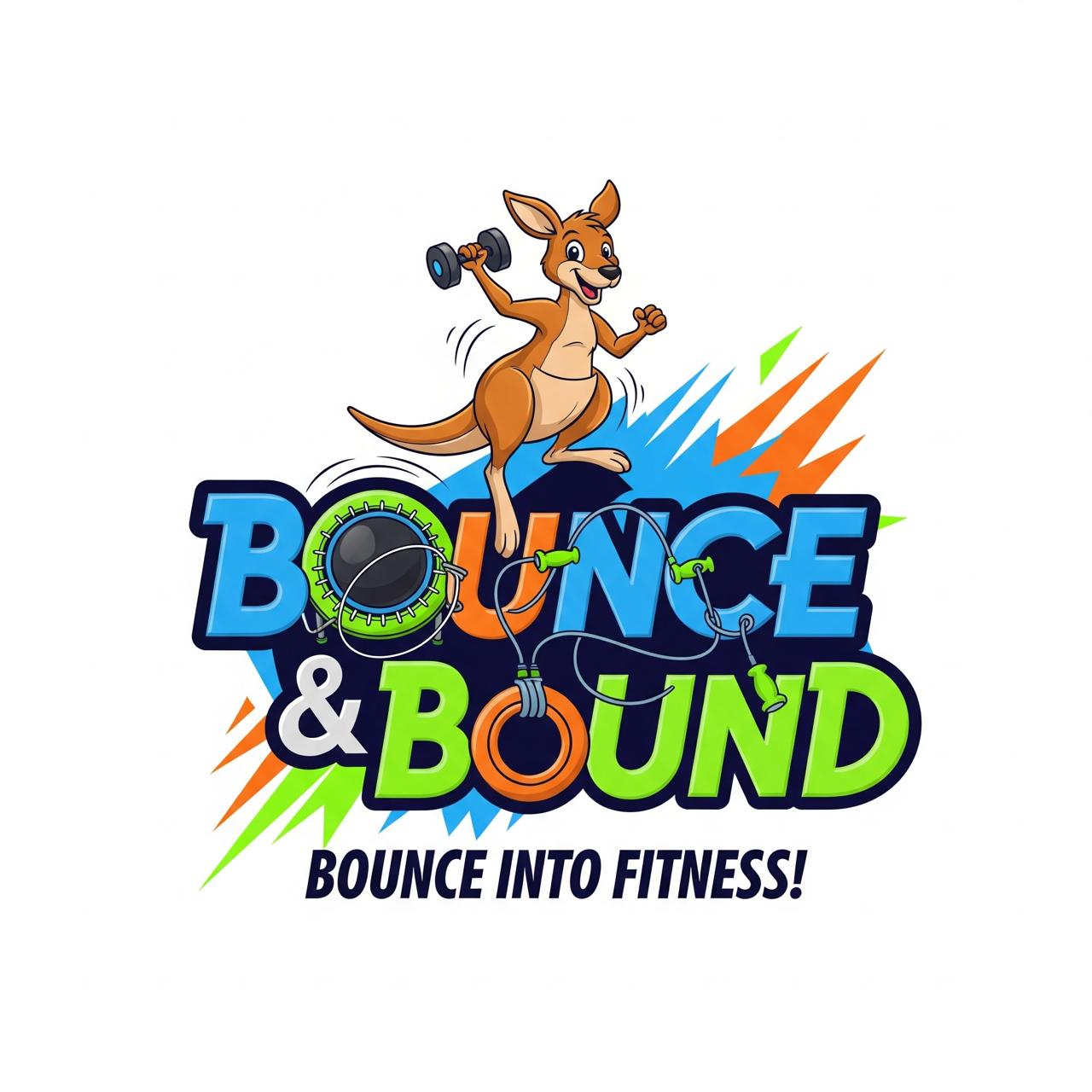Level Up Their Potential: Why Bounce and Bound is the Next Step for Your 9-12 Year-Old
By Admin User on 2025-08-17 • 4 min read
Level Up Their Potential: Why Bounce and Bound is the Next Step for Your 9-12 Year-Old
As your child grows from a kid to a pre-teen, their world changes. School becomes more demanding, social circles get more complex, and the pressure to succeed both academically and socially intensifies. They need an outlet—a place to release stress, build resilience, and discover what they're truly capable of.
At Bounce and Bound, our programs for kids aged 9-12 are specifically designed to meet these new challenges. We’ve moved beyond simple play and created a dynamic environment where they can tackle advanced physical challenges, build confidence, and prepare for whatever comes next—all while having a blast.
Why This Age Group Needs a Place Like Ours
This isn't about just burning off energy anymore. It's about harnessing it for their mental and physical well-being. Our program is backed by the kind of research that matters to a parent like you.
Transcript Inspiration: The Cognitive Connection
"Research shows that physical activity is linked to academic achievement. Kids who are more physically active tend to have better concentration, improved memory, and stronger problem-solving skills." –
Inspired by a meta-analysis from the Journal of Applied Physiology, which found a positive link between exercise and cognitive function.
Think of our advanced obstacle courses and climbing challenges as a workout for their brain. By navigating a new path and problem-solving on the fly, they're building the mental agility they need to ace a test or tackle a tricky school project.
Transcript Inspiration: The Social & Emotional Edge
"Team-based physical activities are crucial for developing social skills like cooperation, communication, and leadership. They help children learn how to navigate competition in a healthy way, deal with success and failure, and build self-esteem." – Adapted from insights on structured play by ChildCare.gov and other sources on adolescent development.
Our group challenges and team-building games provide a safe space for them to connect with peers, learn to collaborate, and step up as leaders. In a world of digital isolation, this is where they learn the real-life skills that will make them confident and capable leaders in their communities.
The Bounce and Bound Advantage for 9-12 Year-Olds
We've tailored every part of our program to be challenging and rewarding for this specific age group.
Advanced Obstacle Courses: Our courses are not for beginners. We challenge them with new elements that test their strength, endurance, and strategy.
Skill Mastery: Whether it's learning a new climbing technique or mastering a new jump, our coaches help them set goals and celebrate their personal achievements.
Structured Fun: Every session is led by a certified coach who understands the psychology of this age group. They blend challenging activities with fun games to keep them motivated and engaged.
This is more than just a gym. It’s a training ground for life. It’s where they can leave behind the pressures of school and social media for an hour and rediscover the joy of moving, challenging themselves, and connecting with others.
Don't just keep them busy. Give them the tools they need to thrive. Give them Bounce and Bound.
Ready to see your child reach their full potential? Sign up for a free trial class today!
References with URLs
Malina, R. M., Bouchard, C., & Bar-Or, O. (2004). Growth, Maturation, and Physical Activity. Human Kinetics.
CDC. (2024). Physical Activity Guidelines for School-Aged Children and Adolescents. Retrieved from https://www.cdc.gov/physical-activity/basics/guidelines/children.html
ChildCare.gov. (n.d.). Supporting Children's Learning Through Play. Retrieved from https://childcare.gov/consumer-education/support-my-childs-health-development/supporting-childrens-learning-through-play
Sofi, F., Valecchi, D., Bacci, D., Abbate, R., Gensini, G. F., Casini, M., & Abbate, R. (2011). Physical activity and risk of cognitive decline: A meta-analysis of prospective studies. Journal of Applied Physiology, 111(3), 856–862.
Strong, W. B., Malina, R. M., Blimkie, C. J. R., Daniels, S. R., Dishman, R. K., Gutin, B., ... & Trudeau, F. (2005). Evidence-based physical activity for school-age youth. Journal of Pediatrics, 146(6), 732-737.
AboutKidsHealth. (2020). Physical activity: Benefits of exercise for health and wellbeing. Retrieved from https://www.aboutkidshealth.ca/exercise
